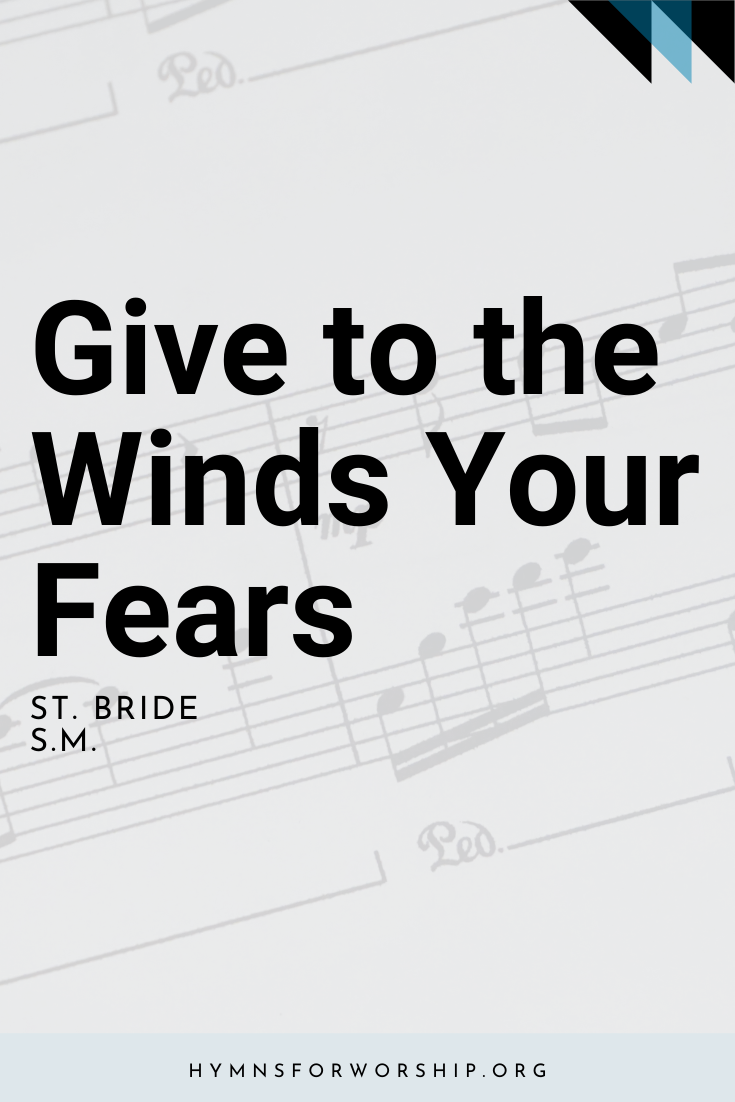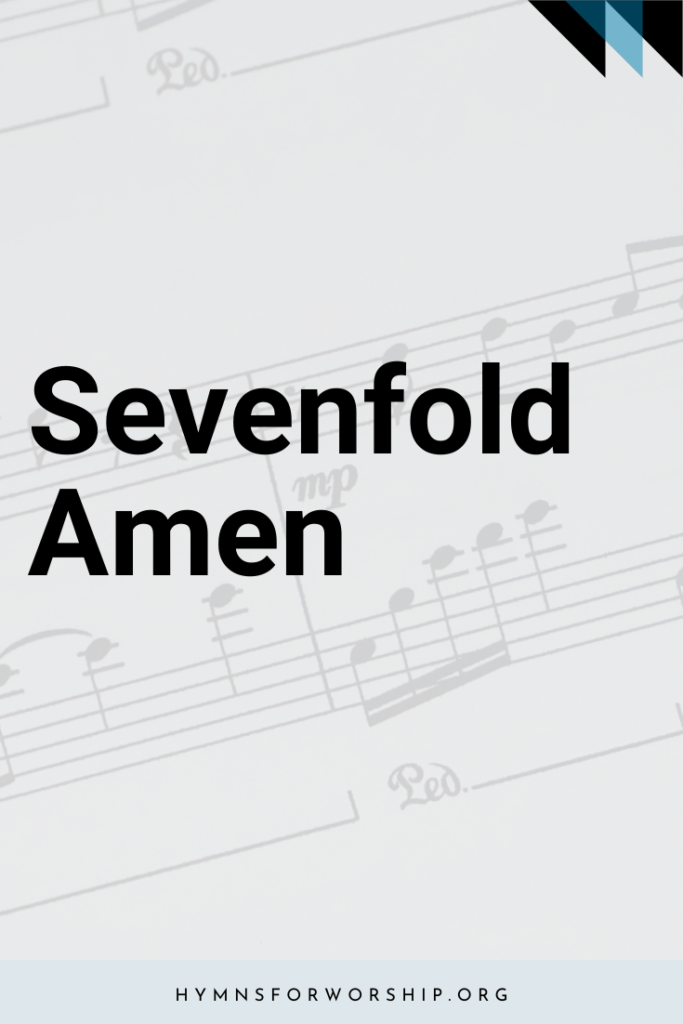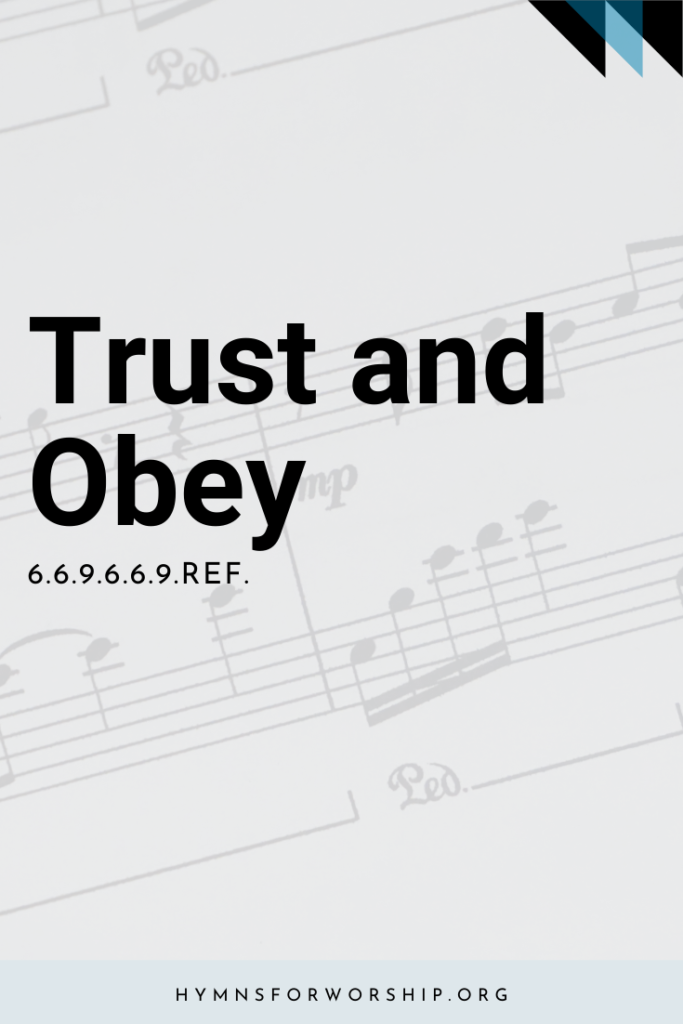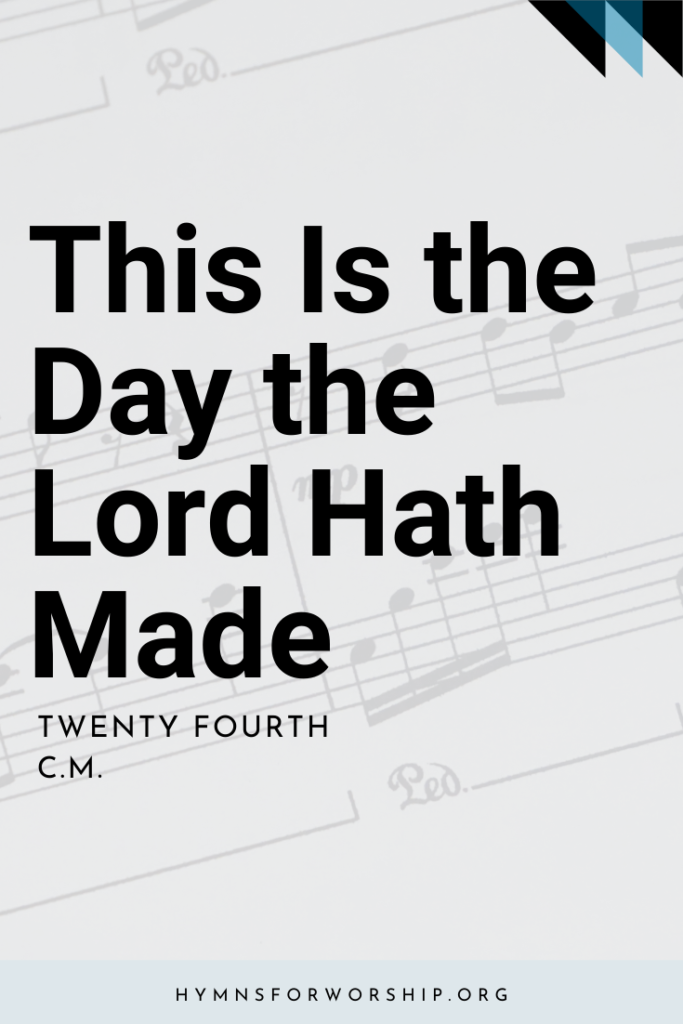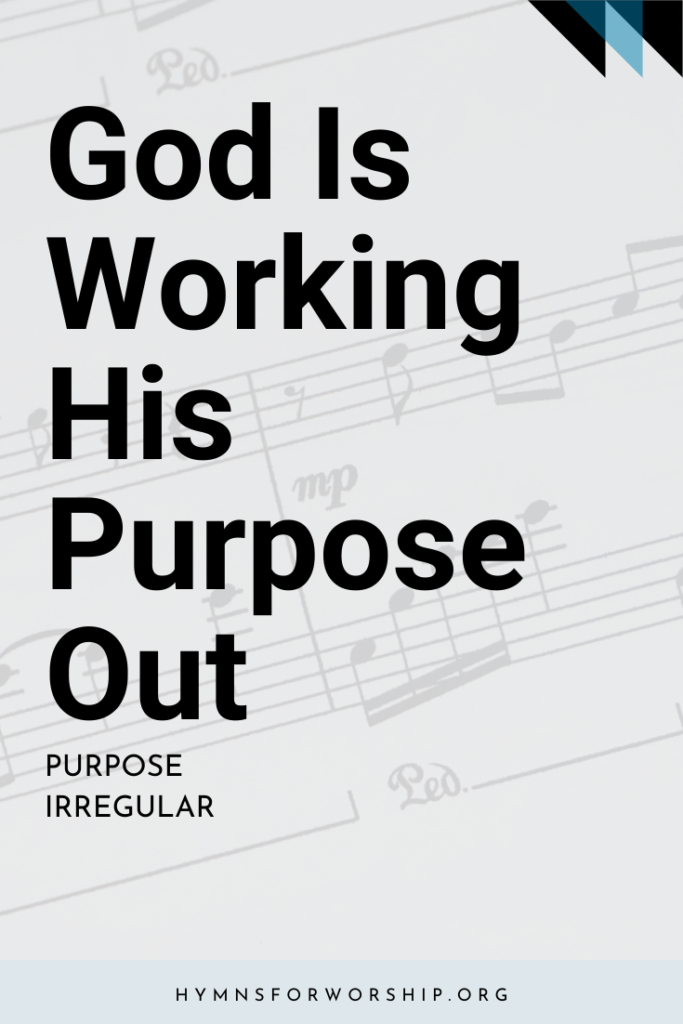CHRISTIAN LIFE >> FAITH & TRUST
SDAH 519
Give to the winds your fears;
In hope be undismayed:
God hears your sighs and counts your tears,
God shall lift up your head.
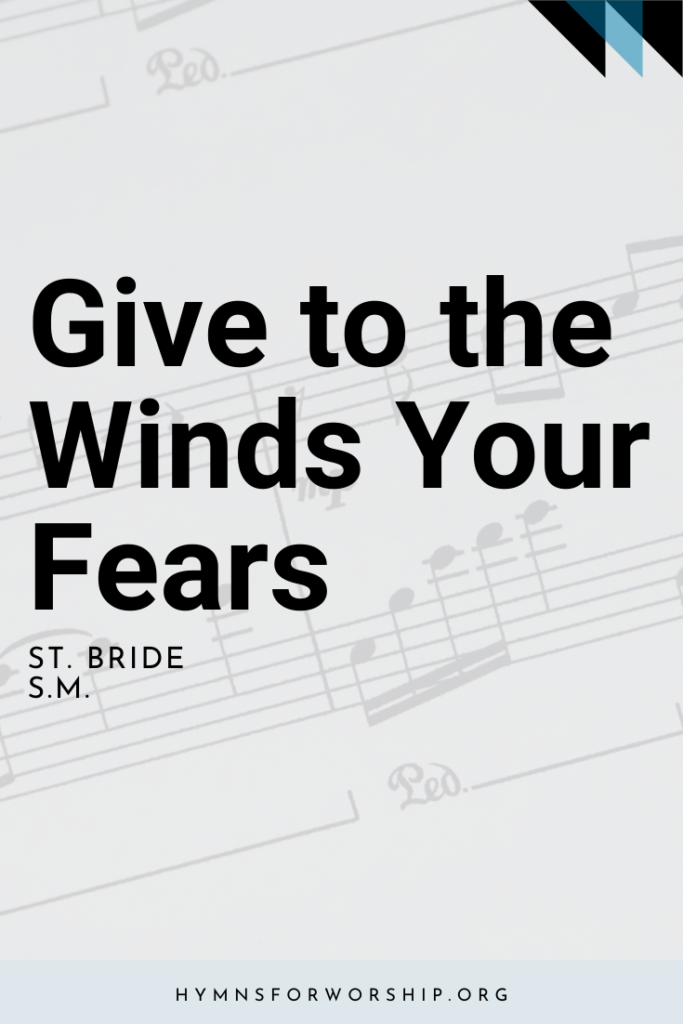

Text
1
Give to the winds your fears;
In hope be undismayed:
God hears your sighs and counts your tears,
God shall lift up your head.
2
To Him commit your griefs;
Your ways put in His hands
To His sure truth and tender care
Who earth and heave commands.
3
O put your trust in God;
In duty’s path go on.
Walk in His strength with faith and hope,
So shall your work be done.
4
Leave to His sovereign sway
To choose and to command;
So you shall, faithful, seek His way
how wise, how strong His hand!

Hymn Info
Biblical Reference
(a) Ps 3:3 (b) Ps 37:5 (d) Ps 89:13
Author
Paul Gerhardt (1607-1676)
Translator
John Wesley, 1739 (1703-1791) alt.
Year Published
1653
Hymn Tune
ST. BRIDE
Metrical Number
S.M.
Composer
Samuel Howard (1710-1781)
Year Composed
1762
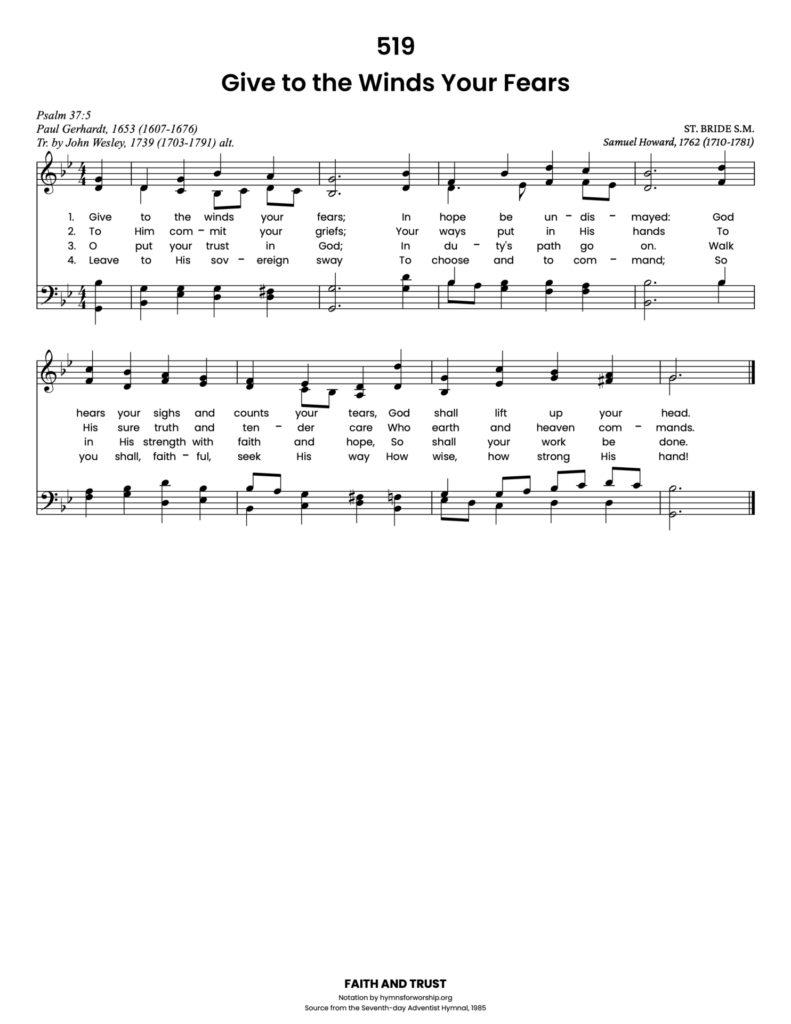
Get the hymn sheet in other keys here
Notes
Make each hymn more meaningful with these helpful tools: Short, ready-to-use hymn introductions for church bulletins, multiple ways to introduce a hymn based on your worship theme and in-depth history and insights to enrich your song service.

